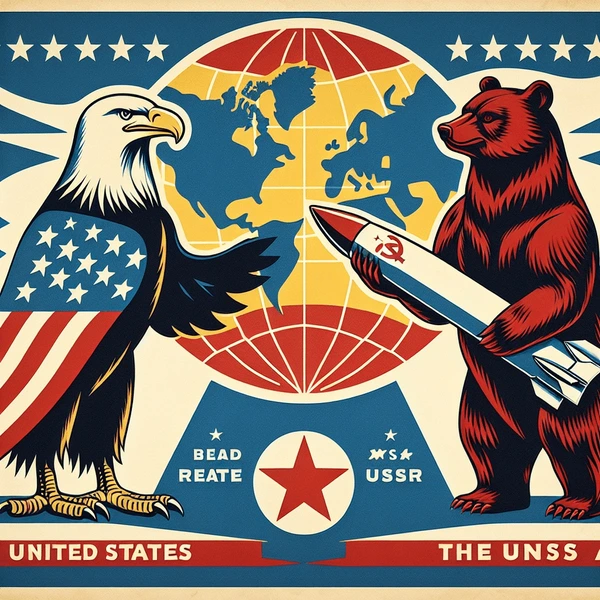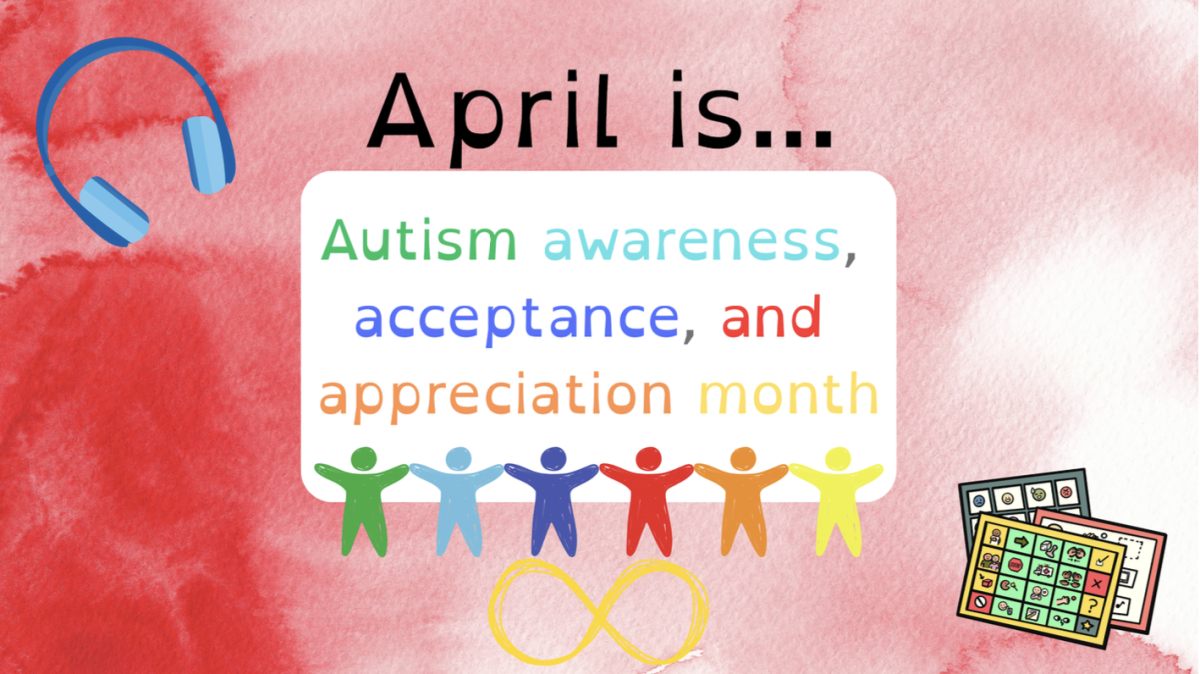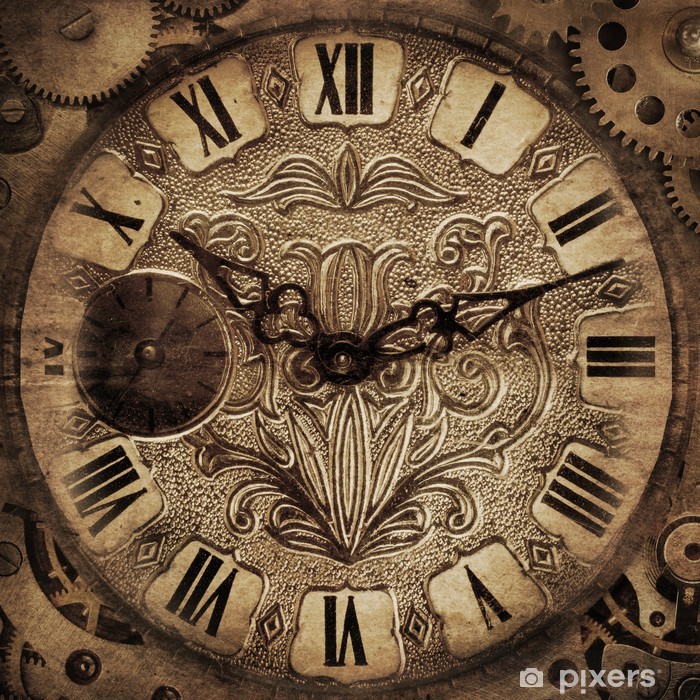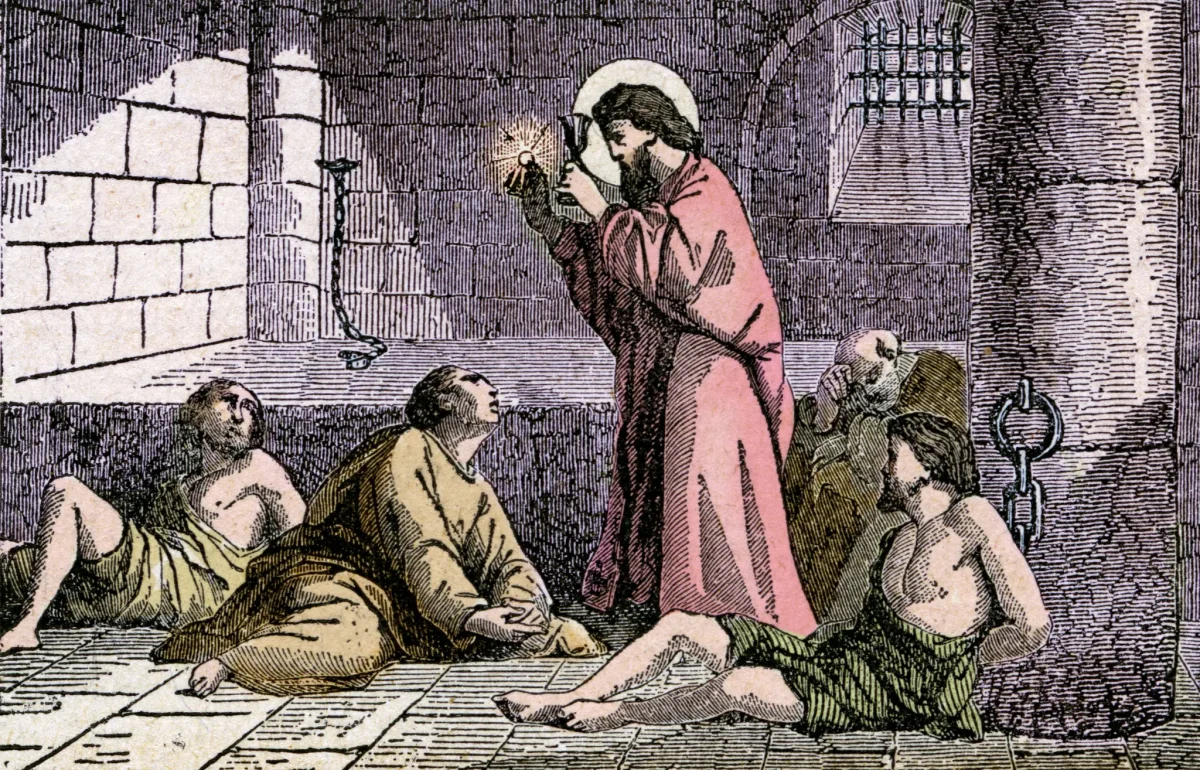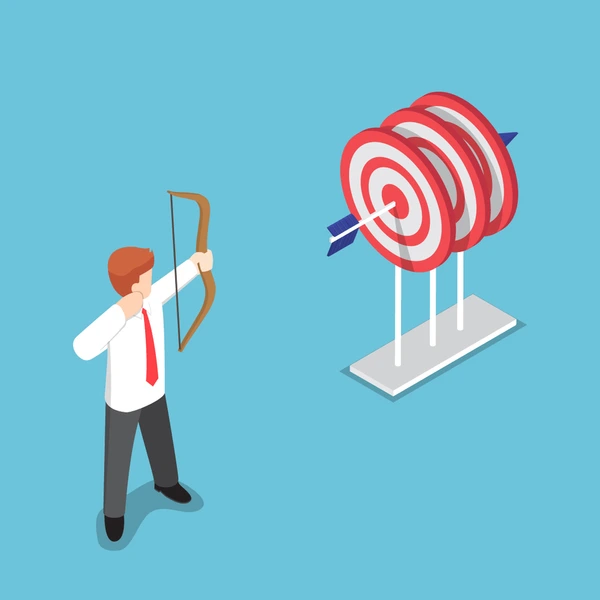Stories cannot exist without conflict. It doesn’t matter if there’s a heroic protagonist ready to save the day if there’s nothing the day needs saving from. Antagonists are perhaps the most important part to any story——when dividing your attention into different parts of the story, the antagonist should be the most well thought out. Otherwise, there’s no point in reading your story.
Of course, the antagonist doesn’t have to be a flashy villain. The antagonist could just be a regular person trying to achieve their goals, and unfortunately has to harm the protagonist in some way in order to do that. The antagonist doesn’t even have to be a person; it could just be the environment, society, or even just a concept. There are plenty of amazing stories where the antagonist is the protagonist’s own mistakes, emotions, or traumas.
Perhaps one of the most misunderstood pieces of writing advice is that villains need a reason for the things that they do-that no one is evil for the sake of being evil. Many writers interpret that to mean all villains must be logical in their reasoning, that they want something actually obtainable. This doesn’t have to be the case. Just as protagonists can be unaware of a truth that makes for an exciting plot twist, antagonists can be mistaken as well. Some of the most lovable characters in certain stories are antagonists who want to do the right thing, but are seriously misguided about what the right thing is or how to reach it.
While it is incredibly important that the antagonist has a reason for the things they do, it doesn’t necessarily have to be a good reason. In fact, in many incredible stories the antagonist is that way due to a flaw in their own psyche. You can absolutely still have your sparkly villain with a coffee mug that says “evil” in bold letters and a calendar with “acts of villainy” scheduled on every day of the month.
The reason for why the antagonist does what they do doesn’t have to be to reach an obtainable goal- it could just be a longing for identity. If a character feels a lack of identity and that they don’t fit the arbitrary standards of being “good”, they may lean into “evil” as their basis for identity. They may only do bad things because they feel like they have to in order to keep their identity.
Really though, the most important thing to remember is that there are no rules for creating a perfect antagonist. It all just depends on the mood of your story. If you want a series of disconnected obstacles to be the antagonist, great. If you want a misguided villain, that’s awesome. If you want society as a whole to be the villain of the story, then it’s a dystopian story, and dystopian stories are often very fun to write (and to read). If you want an emotionless robot to be your antagonist, that’s perfectly fine as long as they have a reason to keep fighting.








